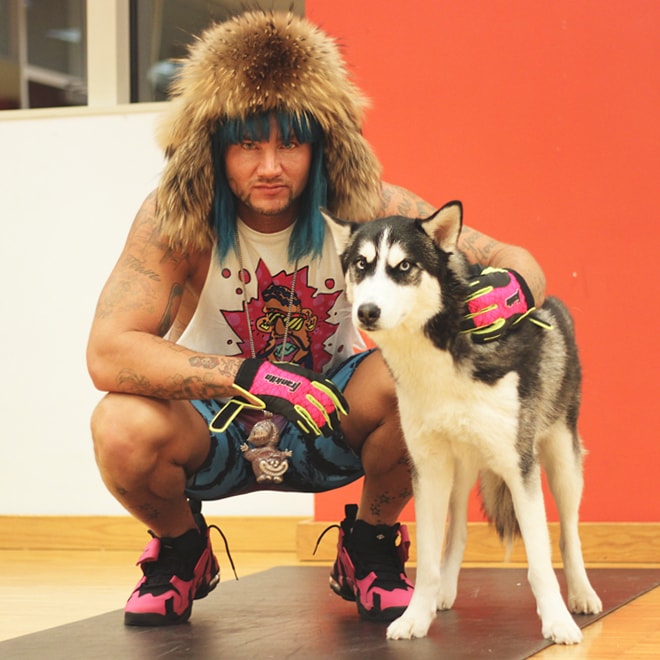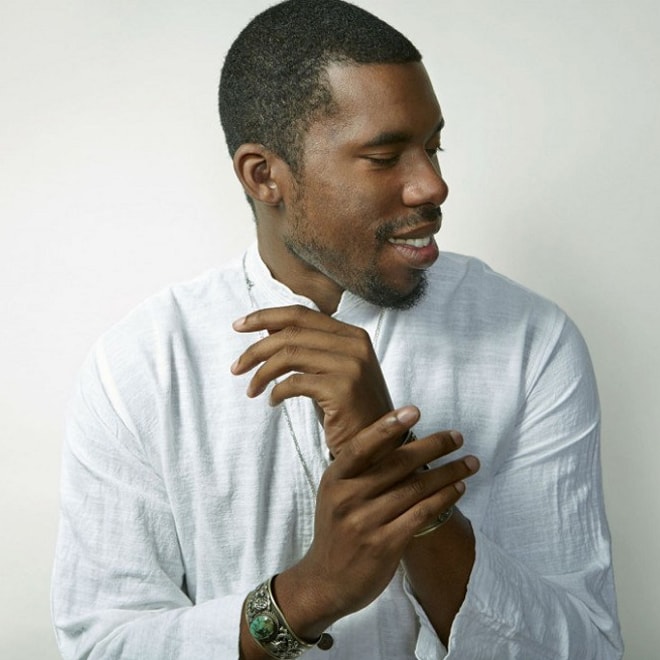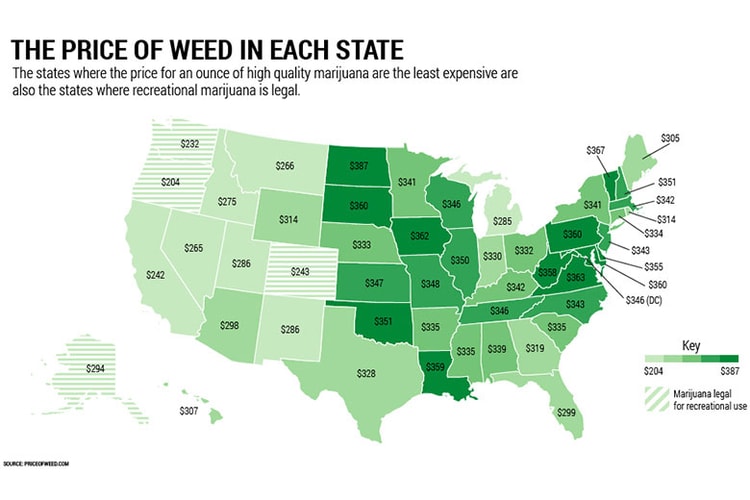Zedd Thinks That Electronic Music Should Be More "Musical"
Twenty-five-year-old Russian-German super-producer Zedd is one of those musicians who are
Twenty-five-year-old Russian-German super-producer Zedd is one of those musicians who are classically trained, and as a result, prioritizes having a high degree of musicality in his compositions. In an interview with Complex, the 25-year-old expresses his concern over the decline of “musicality” in electronic music, claiming that many producers are aware of their ability to “overload people’s minds very quickly with very little.” He reflects how Queen, The Beatles, and other older bands and musicians were able to speak to the masses with “fairly complex music,” and encourages the new generation of musicians to do the same. Read a few excerpts below and the full interview here. Make sure to pre-order his upcoming sophomore album True Colors here.
“When you write the chords [of a song] in a computer, you can either let a synth play it or a piano play it. That’s how it’s typically done, and there’s nothing wrong with that. The way I use it, I use the piano as an actual instrument. I write on it, and then I turn it into a synth. I don’t do it the other way around. The result is that the chord progressions are more unique and the music feels more musical. I hate hearing a drum fill that’s impossible to actually play. It feels wrong. It’s the same when I hear chords that a human being can’t play. I’ll hear something that’s 11-tonal and that’s something you can’t do with 10 fingers. By writing music on an instrument, you’ll make the music feel much more organic.
I’ve always had the approach to push electronic music to be more musical. Coming from a musical background, you will find that a lot of [electronic music] isn’t [musical]. The more people that make music not-so musical, the more people accept that and think that’s how it should be. That’s going to make it really tough to turn it back. Looking back to Queen, the Beatles, King Crimson, Genesis, and all of those great bands, they were able to speak to huge masses of people with fairly complex music. The amount of depth you can put into music and still make people understand it is getting very low and you can overload people’s minds very quickly with very little. So, I’m trying to push that back and bring back musicians that can speak in wider terms. I think people can understand it without having to make some kind of crazy ‘math rock electro.’ You have to speak [the fans’] language, and there’s ways to push that musically.”

























